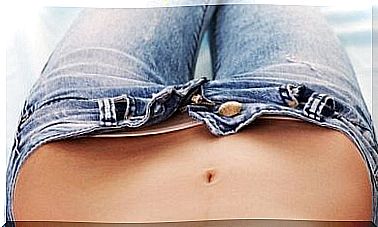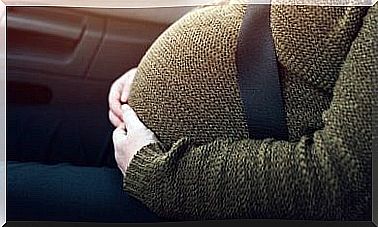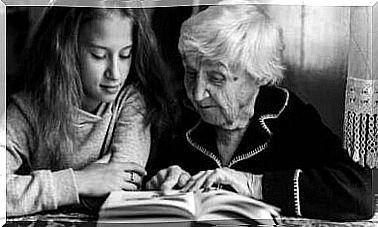Alcohol Consumption And Breastfeeding
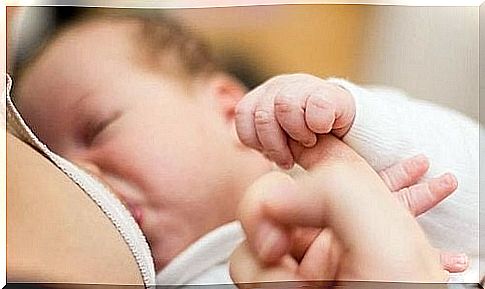
From the moment we set foot on the path of motherhood, worries invade us everywhere. Many myths have been created around what our lifestyle should be like since then, but there are also many truths. In the case of alcohol we know that during pregnancy it is quite risky, but what about the lactation stage? Is it safe for the baby to combine alcohol and breastfeeding? Or should we keep waiting?
Many women don’t even ask these kinds of questions because they normally have no intention and desire to consume alcohol. Others know they can wait to make sure they don’t harm their little selves. However, some women may want to return to their social life and there are even those with alcoholism problems.
It can also happen that the woman not only feels like going out for a beer, but wants to go clubbing. How to know the implications of alcohol during breastfeeding? Is drinking a glass of wine as risky as drinking an entire bottle? We will tell you what the experts say below.
What happens when you combine alcohol and breastfeeding?
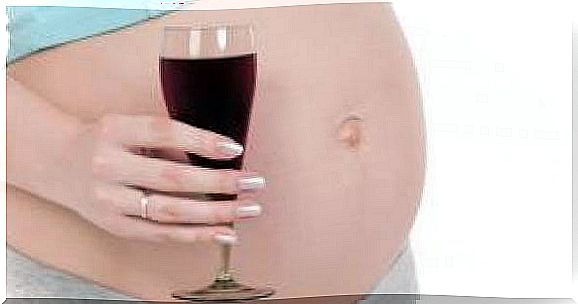
Alcoholic beverages are not harmful in themselves. On the contrary, it is believed that some of them even have medicinal properties. What is actually considered a real health problem is excessive alcohol consumption as it enters the body and spreads through the bloodstream.
Therefore, the main prohibition of alcohol in pregnancy is because it can reach the fetus directly through the blood. In the case of breastfeeding it is exactly the same thing, but in this case, alcohol will be transmitted through breast milk.
The problem with alcohol consumption during lactation is that it can eliminate some important properties of milk. So alcohol may be responsible for decreasing the amount of nutrients that reach the baby in this way.
Combining alcohol and breastfeeding is even more risky if you increase the amount consumed in a given period. That is, if you drink a lot of alcohol in a small amount of time.
There are still no data that determine a negative impact on the brain from drinking alcohol in a moderate way. However, it could cause changes in the baby’s behavior, such as drinking coffee, for example. Among the effects are insomnia, irritability or upset stomach. Despite this, no permanent effects have yet been determined.
This can happen because our bodies metabolize these substances very slowly. This makes them stay longer in the body and therefore they can reach the baby at any time.
Considerations on alcohol consumption and breastfeeding
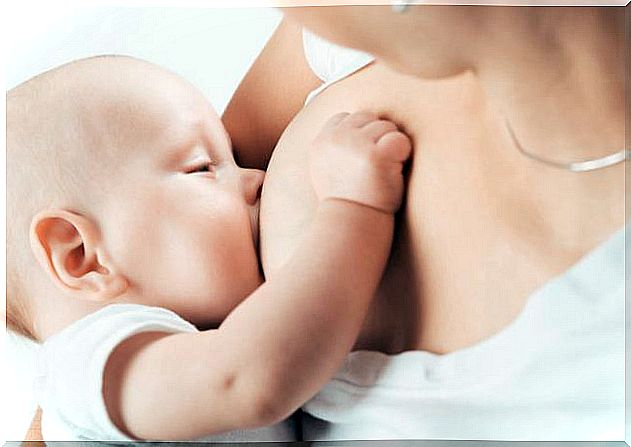
Experts believe that moderation is the key. Whenever possible, avoid drinking alcohol at this stage. However, some basic precautions would be drinking occasionally and in a moderate way.
According to expert judgment, drinking a little too occasionally should not harm the nursing baby. An estimated acceptable amount is about 0.5 grams of alcohol per pound of mother weight. The potential problem starts when quantities increase and practice becomes frequent.
The general recommendation is that breastfeeding women do not drink alcohol on a daily basis. This is not a moral issue or a “go to”. Alcohol can really affect the baby and even cause a coma or death.
Furthermore, alcohol and breastfeeding are not compatible because alcoholic substances can reduce the production of prolactin and oxytocin, the hormones responsible for milk production.
A mother who decides to drink an alcoholic beverage while breastfeeding cannot forget to take the following aspects into account:
- It is preferable to breastfeed before drinking alcohol. Then the mother must wait at least three hours to reduce the level of the substance in the body.
- In another situation, it is recommended that the time between alcohol consumption and breastfeeding be less than 30 minutes. That is, you can breastfeed for the first few minutes after drinking because the highest concentration of alcohol in the body is between 30 and 60 minutes after consumption.
- If the baby is a newborn, total abstinence is recommended. In addition to the baby’s body being much more delicate, he drinks milk much more often until the first three months of life.



